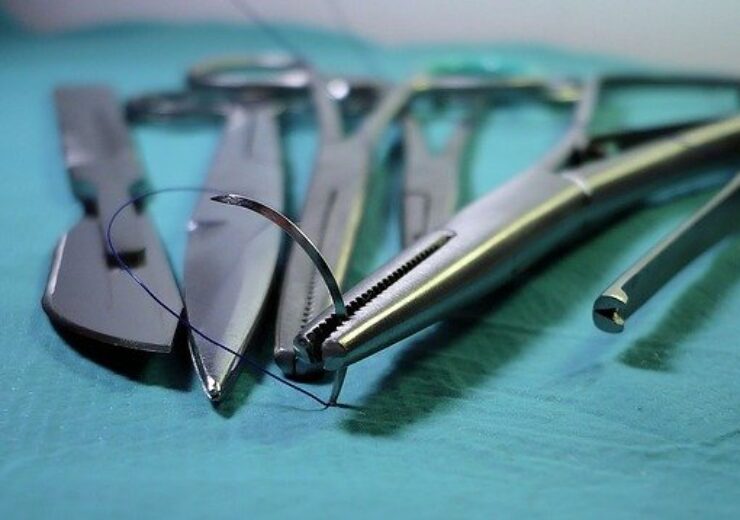The company is currently conducting the IDE clinical study of robotic-assisted MIRA Surgical Platform for laparoscopic colon surgery

Virtual Incision develops mini-robots for surgeries. (Credit: Dominik Karch from Pixabay.)
Virtual Incision has secured $46m in a Series C funding round to advance its miniaturised in vivo robotic assistant (MIRA) surgical platform.
Led by Endeavour Vision and Baird Capital, the funding round has also seen participation from existing investor Bluestem Capital among others.
Virtual Incision intends to use the funding to support its research and development pipeline, and regulatory and clinical programmes for its MIRA surgical platform.
The company is developing mini-robots optimised for hernia repair, gallbladder removal, hysterectomy, sleeve gastrectomy and other surgical procedures.
Virtual Incision president and CEO John Murphy said: “We are thrilled to have Endeavour Vision and Baird lead this round of financing at this important stage of our company’s growth, along with the continued strong support of our largest shareholder, Bluestem.
“Virtual Incision’s goal is to transform surgery by providing a practical and hassle-free platform that will enable efficient, effective, and affordable access to robotic-assisted technology, regardless of the site of care.
“We are excited that this funding will support our efforts to advance MIRA, so that more patients can ultimately experience the benefits of minimally invasive surgery.”
MIRA platform is designed to support multi-quadrant abdominal surgeries, using existing minimally invasive tools and techniques, without needing a dedicated operating room.
It features a small, self-contained surgical device inserted through a single midline umbilical incision in the patient’s abdomen.
The device is designed to be smaller size, and is expected to cost significantly less compared to existing robotically-assisted surgical devices, said the company.
The world’s first surgery using the MIRA surgical platform was performed recently at Bryan Medical Centre in Lincoln, Nebraska, US.
The robotically assisted right hemicolectomy procedure was performed as part of the US Food and Drug Administration (FDA) Investigational Device Exemption (IDE) study.
Virtual Incision co-founder and chief technology officer Shane Farritor said: “The ability of MIRA to successfully perform colon resection, a challenging procedure in minimally invasive surgery that requires multi-quadrant anatomical access and significant robotic strength, demonstrates the huge potential of the platform.
“This funding milestone represents a step forward in our goal to deliver a miniaturized solution for robot-assisted laparoscopic surgery, regardless of the site of care.”
